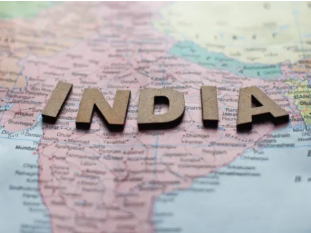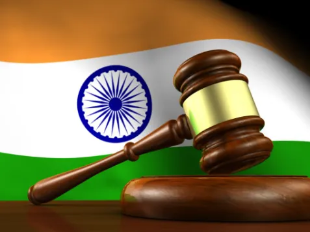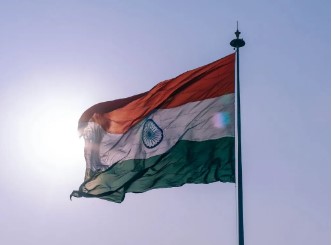India Opens Public Consultation on Draft Rules for Non-Ferrous Metal Waste Management

In India, the Ministry of Forest, Environment and Climate Change (MoEF&CC) has proposed a draft Hazardous and Other Wastes (Management and Transboundary Movement) Second Amendment Rules, 2024 in a notification dated August 14, 2024. The proposal mandates that all producers of non-ferrous metals such as aluminium, copper, and zinc must register with the Central Pollution Board (CPCB) and fulfill their Extended Producer Responsibility (EPR) obligations.
Consultation Period
The public and stakeholders will have 60 days from the date of publication of the draft rules the Gazette of India to provide feedback. After this period, the Central Government will consider any objections or suggestions before finalizing the notification.
Key Provisions of the Draft Rules
Obligation to Register: The CPCB has made registration mandatory for all manufacturers, producers, collection agents, refurbishers, and recyclers of non-ferrous metals. Annual maintenance charges and registration fees may be charged by the CPCB.
Online Registration portal: The CPCB shall establish a functional online portal for registration, filing of annual returns, EPR Certificate and tracing of materials within six months from the date of implementation of the Hazardous and Other Wastes (Management and Transboundary Movement) Second Amendment Rules, 2024.
The issuance of EPR certificates: The recycling efforts of the registrants will be acknowledged by the CPCB through the issuance of EPR certificates. The certificates will have a validity of two years from the end of the financial year in which they are issued.
Obligation for refurbishers: Products manufactured from non-ferrous metals can be refurbished. Refurbishers who have registered with the CPCB shall be issued with refurbishing certificates.
Obligations of Bulk Consumers: All entities that use at least one thousand tonnes of non-ferrous metal products shall be considered as bulk consumers. Bulk consumers will have to set up collection points and ensure that the scrap is handed over to the registered entities.
Conclusion
The new rules aim to encourage responsible waste management. Producers are encouraged to take responsibility for the end-of-life of their products. Through this initiative the government expects to reduce industrial waste, promote recycling and create new avenues in the recycling sector.
We acknowledge that the above information has been compiled from The Ministry of Forest, Environment and Climate Change (MoEF&CC) .



